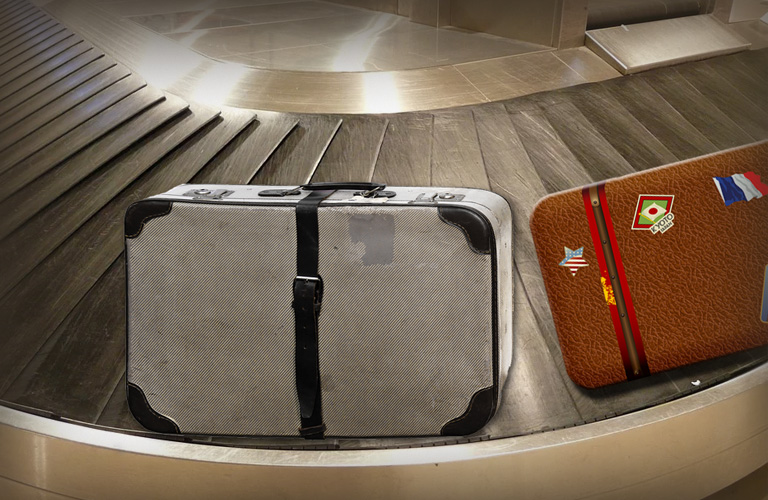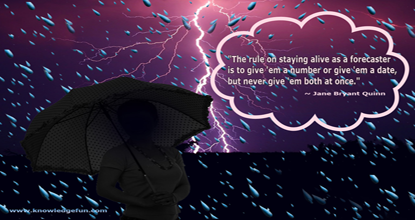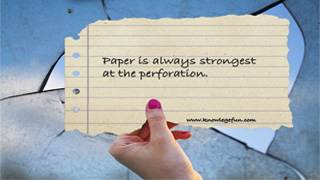Avoiding Luggage Problems
Most frequent travelers may be familiar with problem of losing travel luggage. If this situation never happened to you, there is a chance you might have heard about that problem from someone else who lost luggage. Apart from lost luggage problem, many travelers also have problems of broken luggage due to accident or ineffective luggage transfer process by airline staff. However, the following guidelines and tips are here to help you with your travel luggage.
Here is how to handle and prevent luggage nightmare:
1. The first basic thing that you have to know is the size and capacity of your luggage. That means you have to know luggage dimensions and how much stuff your luggage can hold. Don't overpack; your luggage is far more likely to spring open if it's bulging.
2. Always attach a label with your name, address, and phone number to your luggage. Include a similar tag inside each bag. Even though labeling will not help you protecting it from a thief but it will be useful if someone found your bag and want to return it to you.
3. Always lock your baggage, it makes for a better latch. You may also find extra accessory to help you protect and carry the luggage such as placing a protective strap around each bag.
4. Never pack your valuables (such as jewelry, money, travelers checks and important documents) in a check-in-luggage. Always pack these valuables in carry-on-luggage to keep your important stuff by your side, otherwise you are in risk to be a target of thieves or you may lost the luggage.
5. Check in early. If you check in at the last minute at the ticket counter, you may make the flight, but your luggage probably won't.
However, with most companies, passenger must have their boarding passes (printed or electronic version), baggage tags and baggage dropped off before check-in counter closure. Keep in mind that passengers arriving for check-in after that time may be denied boarding.

Did You Know?
When luggage is lost, human error usually is to blame.
About ninety-eight percent of misplaced bags are recovered within 24 hours.
Carriers are liable for lost, damaged, or delayed luggage.
Many carriers have very specific rules about certain items, so check and know before you pack your luggage.
Never let your memories be greater than your dreams.
:: It's Good to Know ::
CREDIT CARD - Before you leave call your credit card company and let them know where you're headed and what kind of purchases you'll be making outside your normal spending pattern. This ensures they know your credit card hasn't been stolen, so they won't potentially freeze your account while they investigate.
ANTIBIOTICS - In some parts of Europe and Latin America you can get antibiotics from pharmacist. To avoid language barrier or miscommunication, ask for drugs (both prescription or over the counter) by their ingredient names, not their brand names. For example drugs for upper respiratory infections: Amoxicillin is known as Amoxil, or Erythromycin is known as E-mycin. The World Health Organization advises against this in underdeveloped countries, since drugs there may be inferior or even placebos.
CAR RENTALS - You probably don't think twice about what car you'll get when you rent in the States or Canada, because agencies almost always offer automatics. If you're going to Europe, it is another story and it pays to drive a stick, because an automatic transmission can cost much more. There's only a small market for automatics. Ask your car-rental agent about price before you rent. Also when renting a vehicle in a foreign country, always ask for an extra set of keys - or have a set made. Read more...
BLISTERS - If blisters are keeping you from hitting another attraction you didn't want to miss, relief may be as close as the hotel mini bar. Compresses made from tea bags or milk can help ease blister pain and swelling. Just saturate a washcloth with cool milk or chilled steeped tea bag and apply directly on a blister for 15 minutes. Milk's proteins help speed healing, and the tannins in the teas help shrink swollen tissue. They can also soothe your sunburn or insect bites.
"The universe is a sort of book, whose first page one has read when one has seen only one’s own country."
~ Fougeret de Monbron





